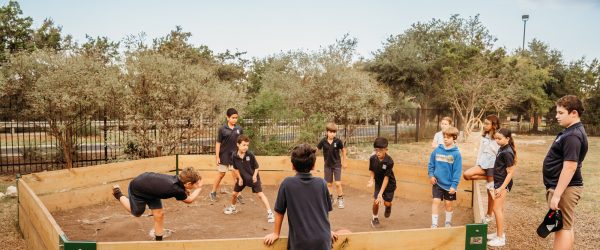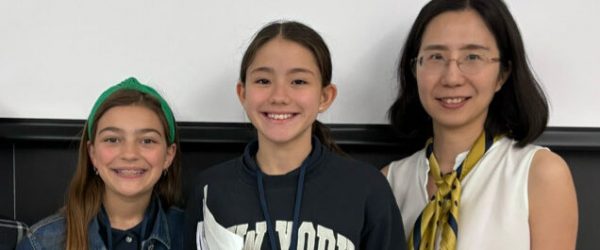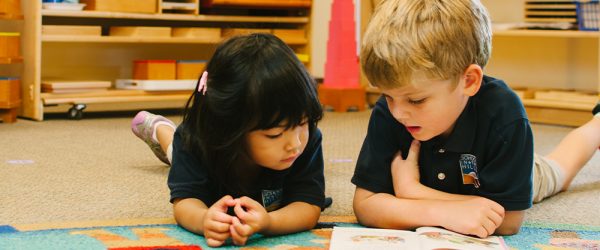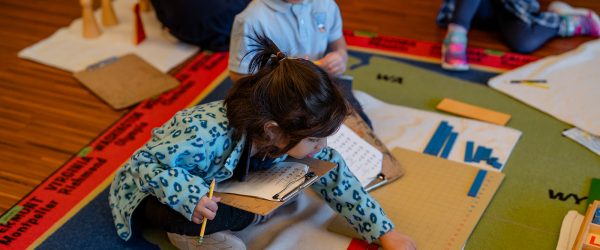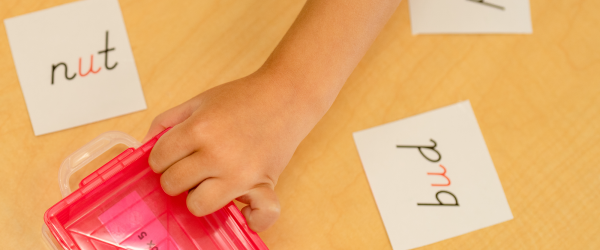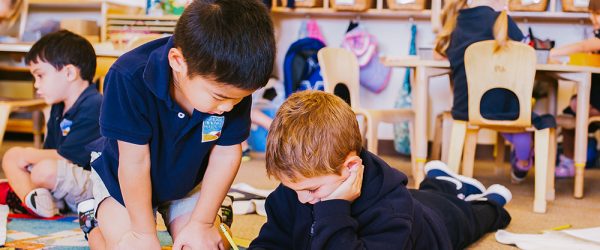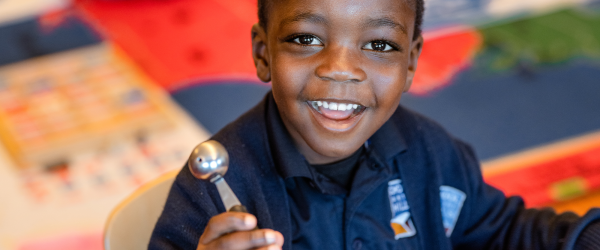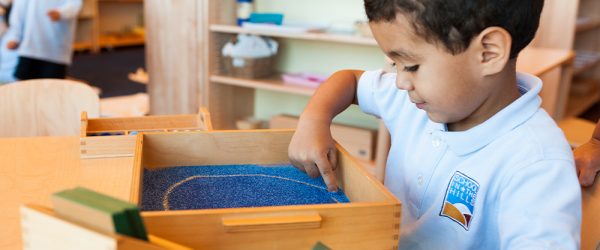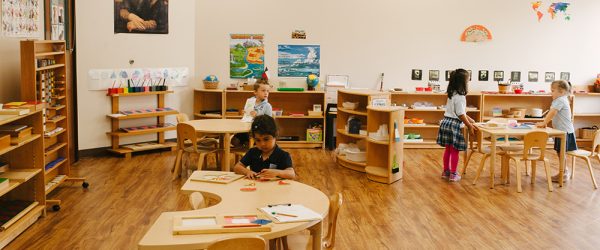As soon as you’re expecting, finding “care,” is your first thought. That idea encompasses many things, from interviewing pediatricians who align with your goals to finding a daycare. Many first-time parents find themselves googling for the closest facilities that can provide daycare for their child, while others have the scoop on Montessori and its method and are looking for something more.
So what’s the difference?
While a Montessori school may pop up in your area when you type “daycare” into your Google search, they are different. Montessori is an educational method based on academic achievement, emotional well-being, and the building of independence for each student. While many Montessori facilities vary in approach and style, the overall concept is universal and based on the teachings and observations of Maria Montessori and the use of the scientific method.
Maria Montessori believed in a child-centered approach to learning, which encourages self-regulation and builds self-esteem. While a material may be “modeled” by a guide, the use of and interaction with the material comes from the child, without interruption from the guide, during a block of time known as the “work cycle.” The child is thus working at their own pace, and the guide does not push the students to catch up or compare to others. This fosters a lifelong love of learning, encouraging the curriculum to be deeply understood rather than simply memorized.
The environment and materials within a Montessori setting are also distinctly different from any other childcare facility. The environment and materials are directly and indirectly tailored for exploration and progressive learning. By visiting and revisiting each material, students can build on past lessons, allowing them to absorb concepts on their own individual timeline.
This environment is also natural and beautiful, which keeps things minimal and organized. With materials that have many purposes, less really is more. Plants and other natural objects decorate the environment to make a warm and homelike place for children to learn.
The classrooms themselves are multi-age community settings with children grouped by their development stages. In this way, children are not only taking in information but modeling and performing this knowledge for their peers. This further builds confidence and solidifies what they have learned.
The Montessori Method also leans heavily on the whole child’s development, not only academic but also social and emotional. Modeled lessons in practical life skills are seen as essential parts of what makes children contributing members of society, with students encouraged to clean up, take care of, and dress themselves.
Now, let’s consider Daycare…
While Traditional Daycares and play-based environments can be wonderful and safe, they are either teacher-led learning environments or lack academic material. Children are not encouraged to interact with their materials freely, often referred to as “toys,” and any academic curriculum is generally geared towards memorization rather than educational advancement or social-emotional well-being.
Children within a daycare setting are expected to conform to a rigorous schedule with hourly blocks of time and limited time to access particular “stations.” While they may be invited for free “play,” the materials themselves are not molded explicitly for teaching abstract concepts. Children are given workbooks and textbooks to memorize and organize information according to the teacher’s requirements.
Daycare settings also lean heavily on external modes of compliance and obedience rather than internal development of self-regulation. This is a tool used to keep an entire classroom focused on one topic at the same time. These topics are generally given by teachers not trained or certified in a specific educational philosophy, and lessons are designed only for cognitive learning.
With classrooms age-segregated, many children may feel left behind because not all children at one age fall into the same developmental category. This is especially true as students advance towards upper elementary, with many children being held back for lack of retention of the information, a determination often improperly imparted to children with different learning styles. Abstract learning and freedom of choice are limited to the expectations of the teacher and the pace of the entire classroom.
The classrooms are heavily commercialized with bold colors and bright lights, often leading to overstimulation. This can be trying when daycare settings expect children to remain seated for hours.
While children are expected to be involved in their day-to-day curriculum, their “care of self” or practical life is left for their parents to impart. This can make the process of care for self and care of the environment entirely up to the parents and often overlooked altogether.
Wrapping Up
What truly sets Montessori apart from traditional daycare is its philosophy based on the scientific method, allowing for educational advancement geared towards abstract learning imparted at the proper time developmentally. This holistic approach provides a curriculum, builds on the child’s happiness and individuality, and fosters a lifelong love of learning.
